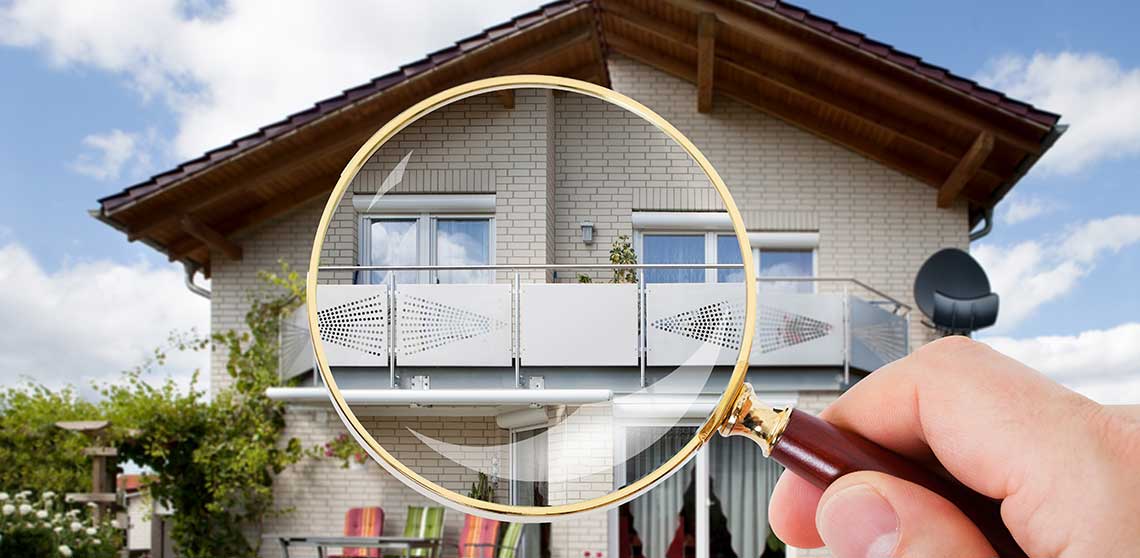Here are four tips for getting the most value from a home
inspection:
- Hire an experienced inspector
Your realtor may be able to point you in the direction of
a trusted inspector. You can also ask around to find referrals from friends or
family. Beyond a solid word-of-mouth recommendation, you should look for the
following:
● Specific experience. Some homes require specific
expertise. Examples include old homes or homes with pools. Make certain the
inspector you hire is qualified to offer an opinion on all elements of the home
you’re considering.
● Quality reports. The home inspection report is typically
extensive, but it should be easy to read and understand. It should also be
informative. Ask to see samples of reports to get an idea for yourself of what
you’ll be getting.
● Advanced technology. It should come as no surprise that
technological advancements are improving home inspections. Infrared cameras,
precision measuring equipment, drones, and scopes are allowing inspectors to
look at homes very closely.
- Do Your Own Inspection
One of the best ways to get good value from your home
inspection is to prepare by doing your own walkthrough first. Grab a pen,
paper, camera, and flashlight and walk through the home from top to bottom
inside and out. Take careful notes of what you see and write down questions.
Your questions can include anything, from “what’s that strange brown spot on
the ceiling in the upstairs bathroom?” to “how do I change the filters in the
HVAC unit?”
- Attend the Inspection
On the day of the inspection, be there. Bring your notes,
wear comfy shoes, and leave kids and pets at home. Ask the inspector your
questions and get his or her impressions of the home. The inspector will not
tell you whether or not the house passes or fails; that’s not how these things
work. They will, however, tell you if they see safety issues or can identify
major, costly repairs that need to be made. Good inspectors will walk through
the home with you and talk you through their findings.
- Use the Report
An inspection report is an invaluable tool for two
things:
Negotiations: With the home inspection report in hand,
it’s time to revisit the negotiating table. You will not, and should not, be
able to demand the seller fix every issue identified in the report. You do need
to address the big stuff, though. You can ask the seller to make repairs, ask
for a price concession so you can make the needed repairs, or you can walk away
from the deal.
Budgeting: Your inspection report is a guide to owning
that home for the short and longer-term. Use this information to budget home
maintenance and repairs costs. With the help of the report, you’ll know about
how much life is left in the roof, the HVAC system, and other components. Plan
and budget accordingly so you’re not caught off guard when it’s time for
repairs.
The Bottom Line
A home inspection is a critical tool. Use these tips to get the most value from the experience and the report so you can buy with confidence.







